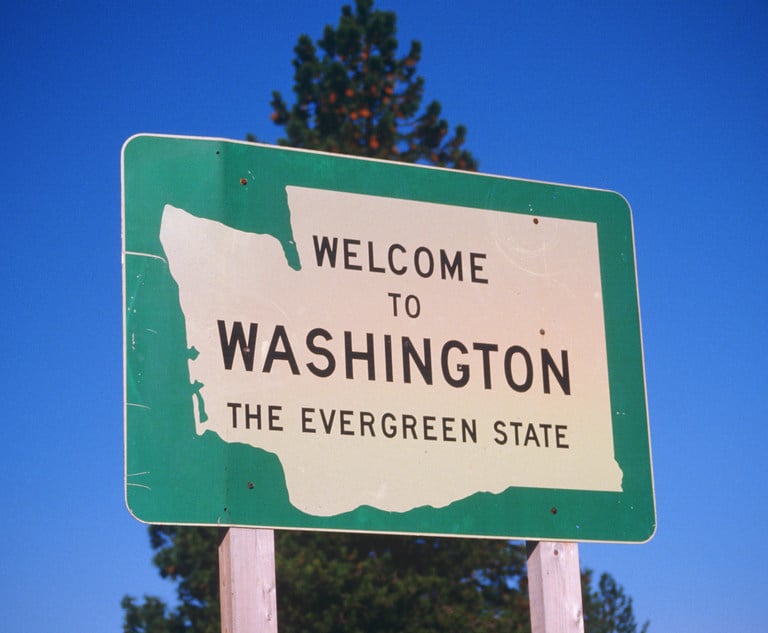Welcome back for another week of What’s Next, where we report on the intersection of law and technology. This week we check in with Loeb & Loeb’s David Mallen, who reports on how social media influencers are changing the rules of advertising law. Plus, Google gets sued for its foray into the medical records space. And Yahoo finally draws closer to a settlement of its data breach suits.
 David Mallen is an advertising disputes and retail and consumer brands expert for Loeb & Loeb.
David Mallen is an advertising disputes and retail and consumer brands expert for Loeb & Loeb.
Reining in the Advertising Power of the Internet Famous
In 2019, social media influencer marketing is a fully saturated, sophisticated industry. Of course, there have been influencer cats (RIP Grumpy Cat). There are teenage influencer millionaires, such as JoJo Siwa, a 16-year-old Internet celebrity who has amassed a networth of $12 million with the help of product launches at JCPenney and Target. There are even computer-generated virtual influencers, like the one model Bella Hadid “kissed” in a Calvin Klein commercial in May. However, regulations have not quite caught up with an online ecosystem where cats and models made of pixels are hawking products and services. As the co-chair of advertising disputes and retail and consumer brands for Loeb & Loeb in New York, David Mallen has watched influencer marketing heat up and explode. “What I’ve been doing is working with companies and, sometimes influencers themselves, to get advertising right, and do it in a way that’s compliant with the law,” Mallen said. Yet, marketers, influencers and lawyers still have quite a few lingering questions about the line between content and advertising and how consumers internalize the onslaught of ads.









